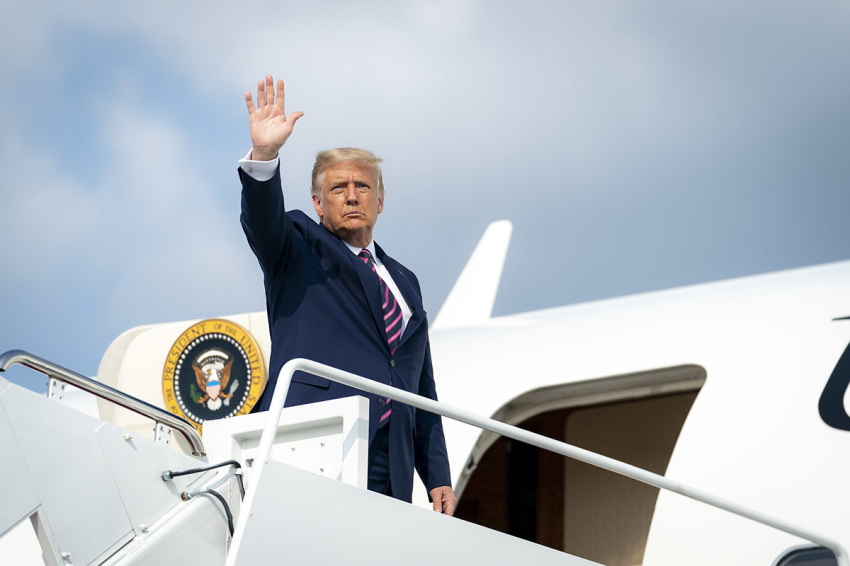Trump signs executive order to provide scholarships for in-person education options during pandemic

As many schools remain shut due to COVID-19, President Donald Trump has signed an executive order providing scholarship funding to students for in-person learning through homeschooling and learning pods, among other such alternative means, amid the pandemic.
The order states that the scholarships are for affected disadvantaged families to cover the cost of private or parochial schools, homeschooling, learning pods, special education, and related services including therapies, or tutoring, or remedial education, according to The Epoch Times.
The funds will be made available through an existing Community Service Block Grant program under the Health and Human Services Department.
Many schools closed their doors and turned to virtual learning in February and March to curb the spread of the coronavirus and have remained closed for months. Churches and faith organizations have stepped in to provide spaces for students to learn as parents are unable to stay home or internet access is unavailable.
“The prolonged deprivation of in-person learning opportunities has produced undeniably dire consequences for the children of this country,” Trump says in the order. “States have seen substantial declines in reports of child maltreatment while school buildings have been closed, indicating that allegations are going unreported. These reductions are driven in part by social isolation from the schoolteachers and support staff with whom students typically interact and who have an obligation to report suspected child maltreatment.”
The President adds, “Unfortunately, more than 50 percent of all public-school students in the United States began school remotely this fall. These children, including those with special needs, are being underserved due to the public education system’s failure to provide in-person learning options.”
In November, research on student grades conducted in one of the United States’ largest school districts in Virginia showed that the number of students getting “F” marks had increased by 83% last year due to the COVID-19-related restrictions on in-person learning, with students with disabilities bearing the brunt.
“Among middle and high school students, there was an 83 percent increase in the number of students receiving two or more F marks,” said the study on the Fairfax school system, which has 186,000 students.
Conducted by the Office of Research and Strategic Improvement, the study analyzed marks at the end of the first quarter in the school year 2020-21 compared to marks from the school year 2019-20 Q1. “Overall, F marks increased from 6 percent of all marks to 11 percent of all marks,” it found.
In November, CDC Director Robert Redfield said schools are the best place for children to be during the pandemic. “The infections that we’ve identified in schools when they’ve been evaluated were not acquired in schools,” Redfield said at a coronavirus task force briefing held at the White House, according to Fox News. “They were actually acquired in the community and in the household.”
He continued: “The truth is, for kids K-12, one of the safest places they can be, from our perspective, is to remain in school, and it’s really important that following the data, making sure we don’t make emotional decisions about what to close and what not to close. I’m here to say clearly the data strongly supports that K-12 schools — as well as institutes of higher learning — really are not where we’re having our challenges.”
On Sunday, Trump approved a $900 billion relief package, which includes about $82 billion for education.



























